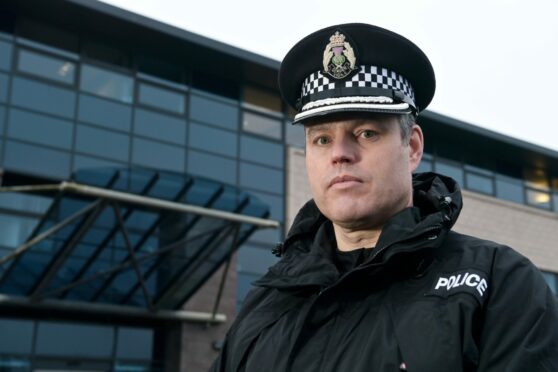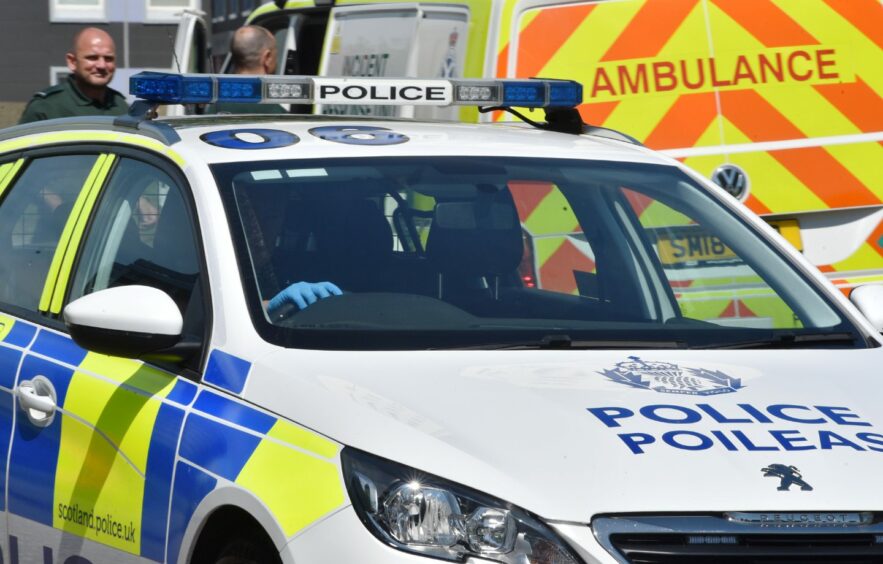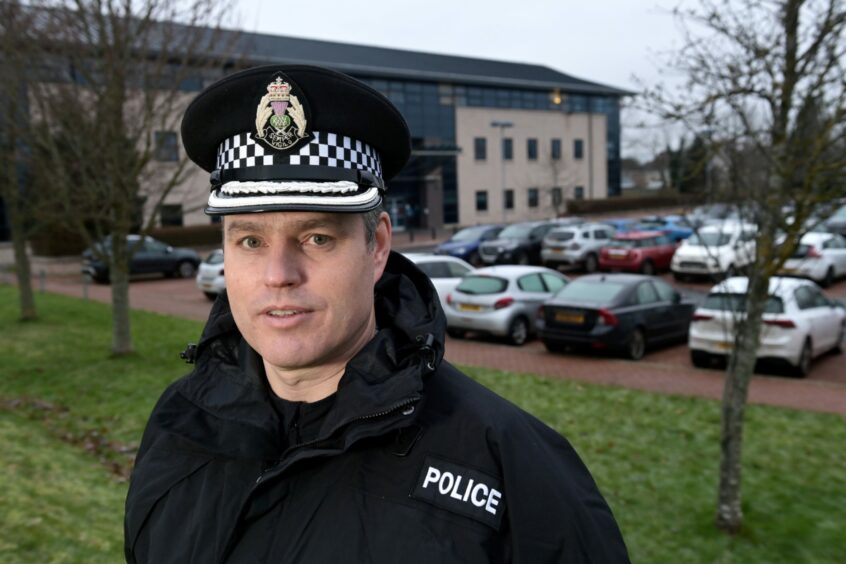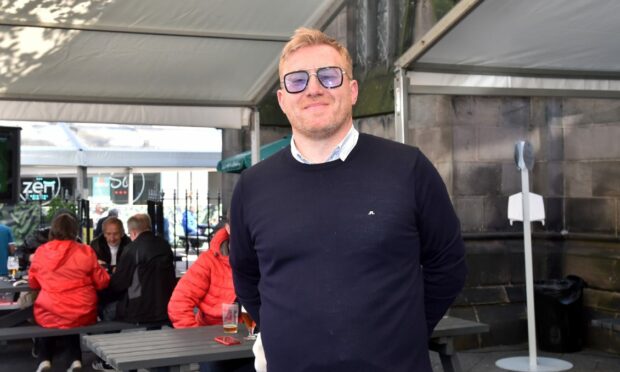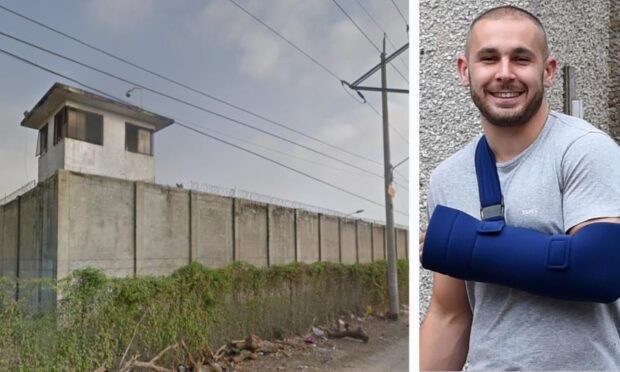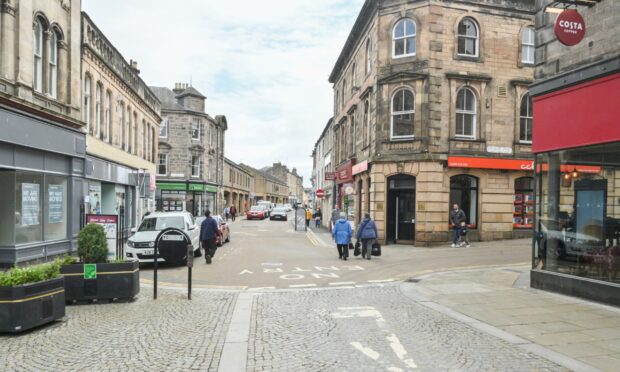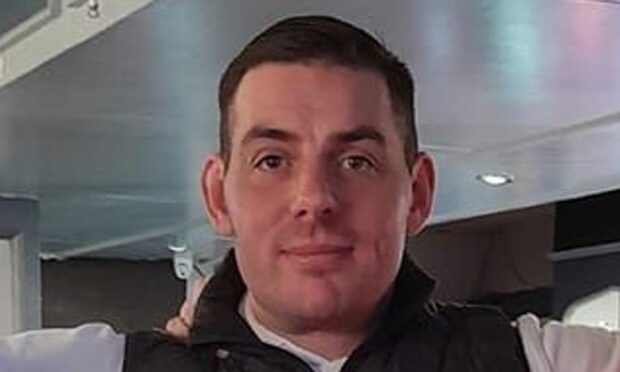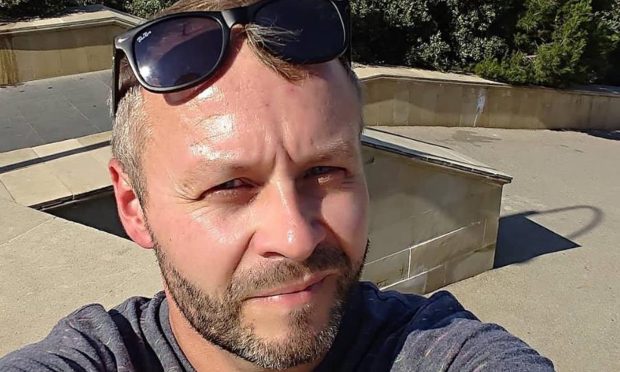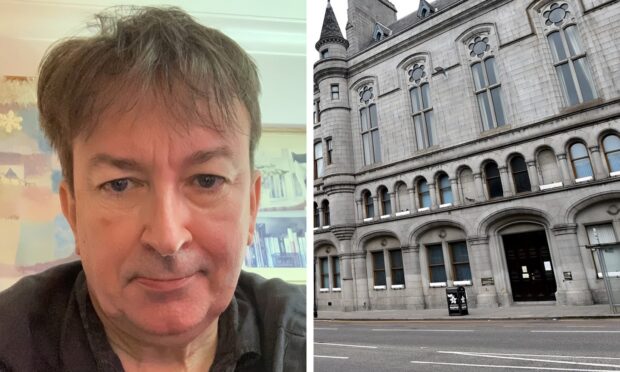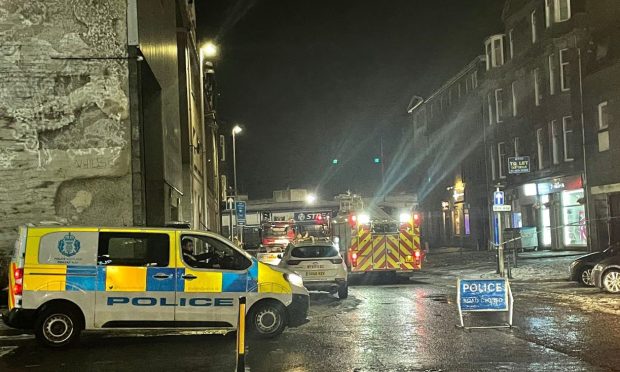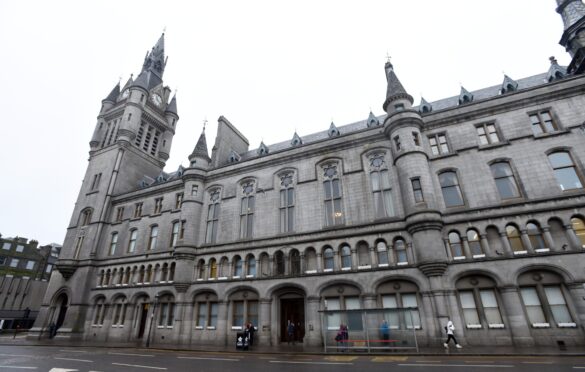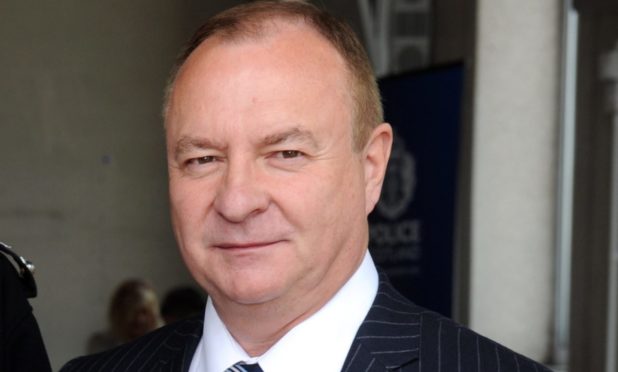Police officers plugging gaps in other frontline services is not a situation that can be “tolerated forevermore”, according to the Highland and Islands chief superintendent.
In an interview with the Press and journal, Conrad Trickett, divisional commander for the Highland and Islands region, said that while he views it as the responsibility of the police to support other public services, something must be done in order for all services to operate more efficiently.
Mr Trickett, who took up the role of chief superintendent last year, said it’s time to be “open and honest” about the challenges faced by police and other frontline organisations – such as ambulance and mental health services.
And said the Covid-19 pandemic has brought the challenges into even starker focus, he said.
It comes as Police Scotland’s chief constable Iain Livingstone stated his concerns in a recent interview about the “excessive demand” officers are picking up for other public services.
“We are a little bit the organisation of last resort,” Mr Trickett said. “So you see demand from other public sector bodies that get pushed onto policing”.
“You see it when there’s a decision made to close a call centre for a local authority, for example – that will impact on policing.
“A decision around mental health provision in a hospital might then impact on mental health patients in the community – and the police get called out to help them.
“Pressures on the ambulance service can also then fall onto us.”
However, Mr Trickett said he strongly believes in his and his officers’ “duty to the public” and the importance of working alongside other services when required.
But he stressed that the situation can’t continue indefinitely.
He added: “If you’re being ideological about it, we’re here to serve the public and it’s our responsibility to do that together as a public sector body.
“We should flex across boundaries where we can support each other.
“But does that mean that you should tolerate that circumstance forevermore? Well, probably not.
“In terms of ambulance service waiting times, we need to do something about that.
“We have to have a ‘whole systems’ approach to improve that.
“It’s a public sector challenge that we need to be open and honest about.
“It’s not about being critical of any of our partner agencies – it’s just about where we are as a public sector at the moment and we need to improve on it.”
‘I’m concerned about having to stretch that thin blue line even further’
Looking back on 2021, the chief superintendent said his officers have “not been immune” to the pressures facing them throughout the pandemic.
But said he feels they have struck the right balance between keeping themselves safe and enforcing public health guidance and legislation.
He said: “With the new variant we’re now ramping back up but we’re a year and a half into the pandemic.
“From a health and safety point of view were as good as we can be, but there is the potential for wider exposure and our officers could face more risk. That obviously concerns me.
“But my biggest concern for my officers isn’t so much the transmission by way of interaction, because I think we’ve got a bunch of measures in place to try to mitigate that.
“It’s actually that the workforce won’t always be at work through having to isolate and we’ll have to stretch that thin blue line even further to keep delivering the service that the public expects.”
For all the latest court cases in Aberdeen, as well as the latest crime and breaking incidents, join our new Facebook group HERE.
